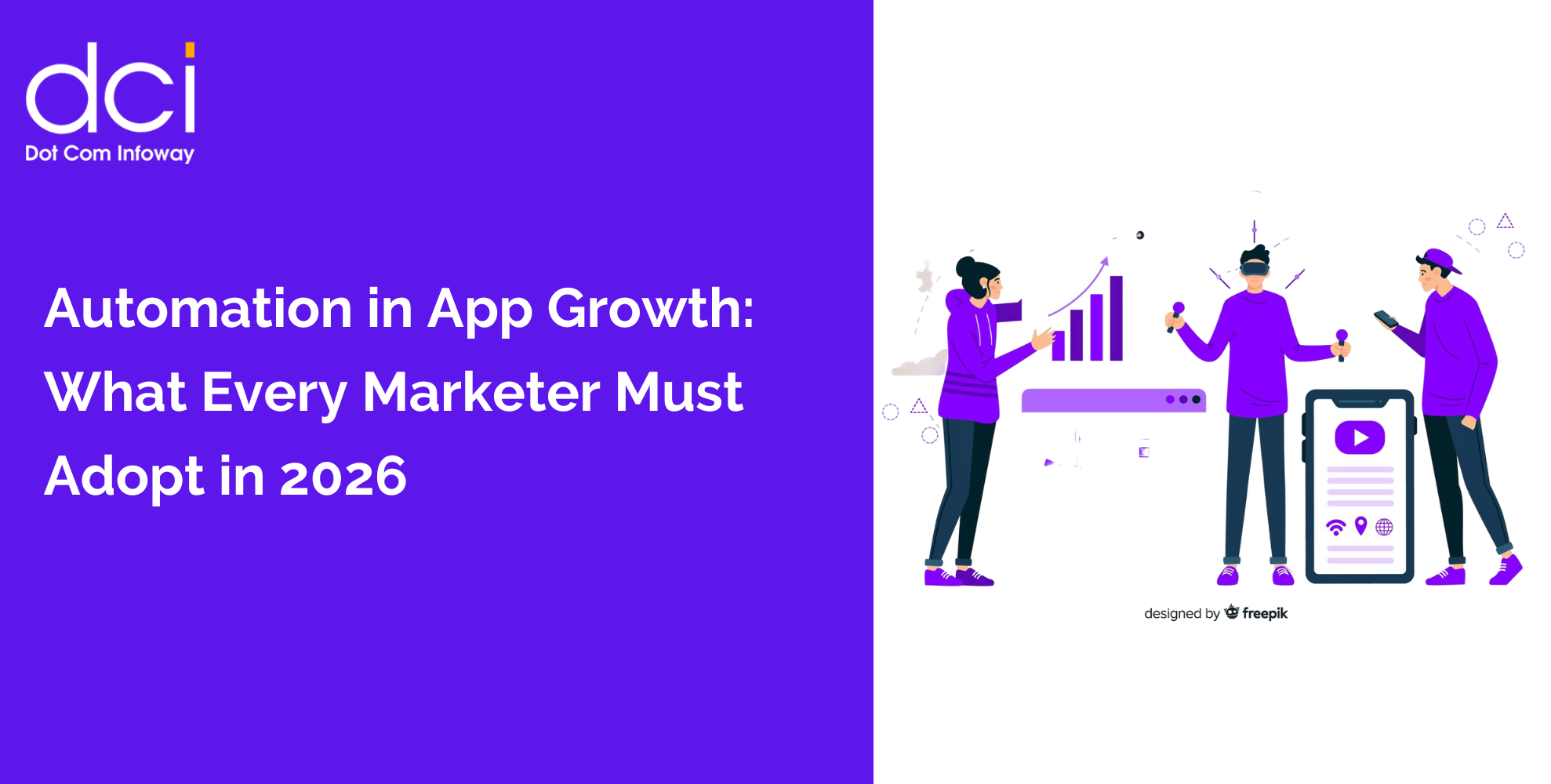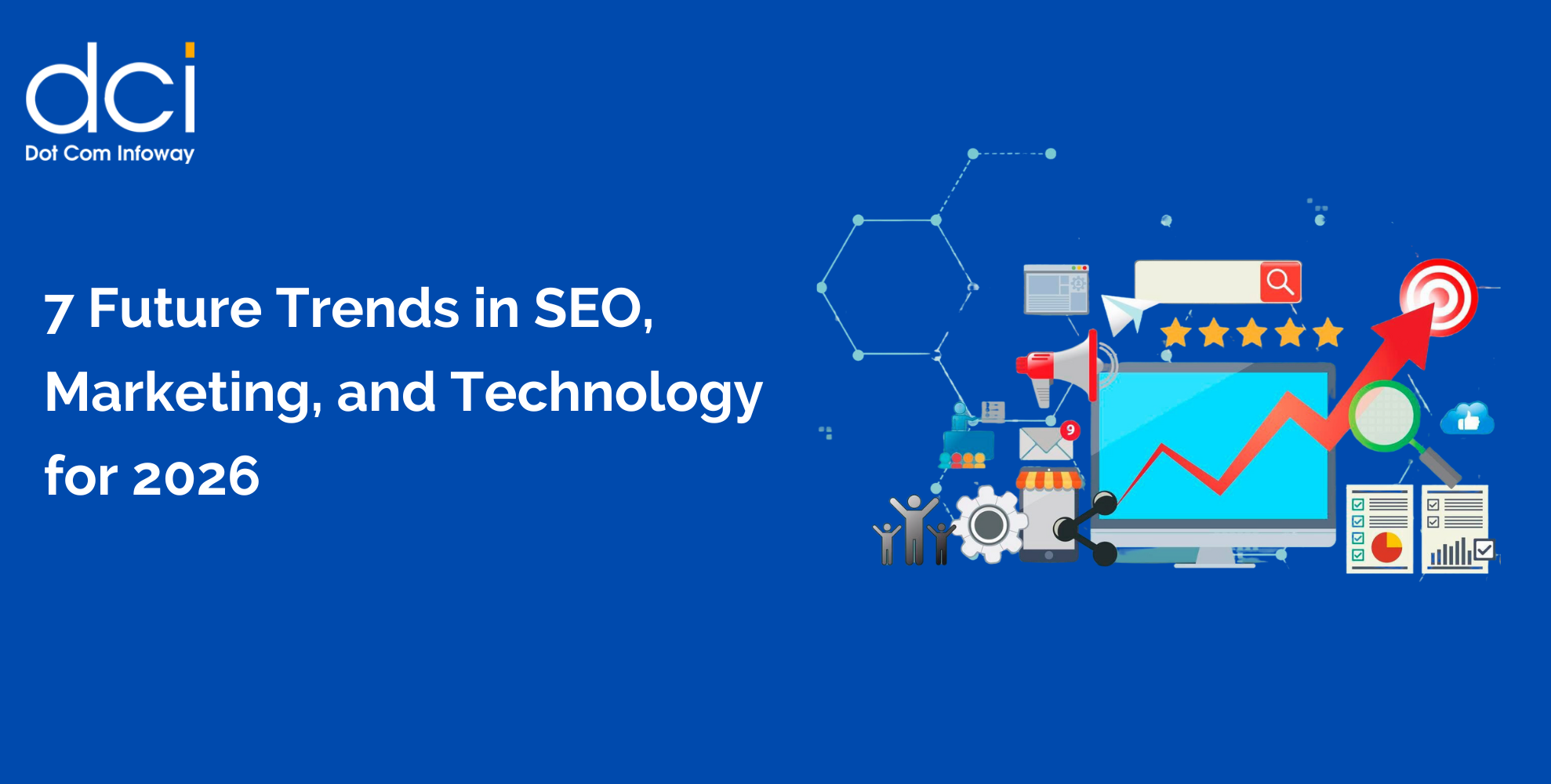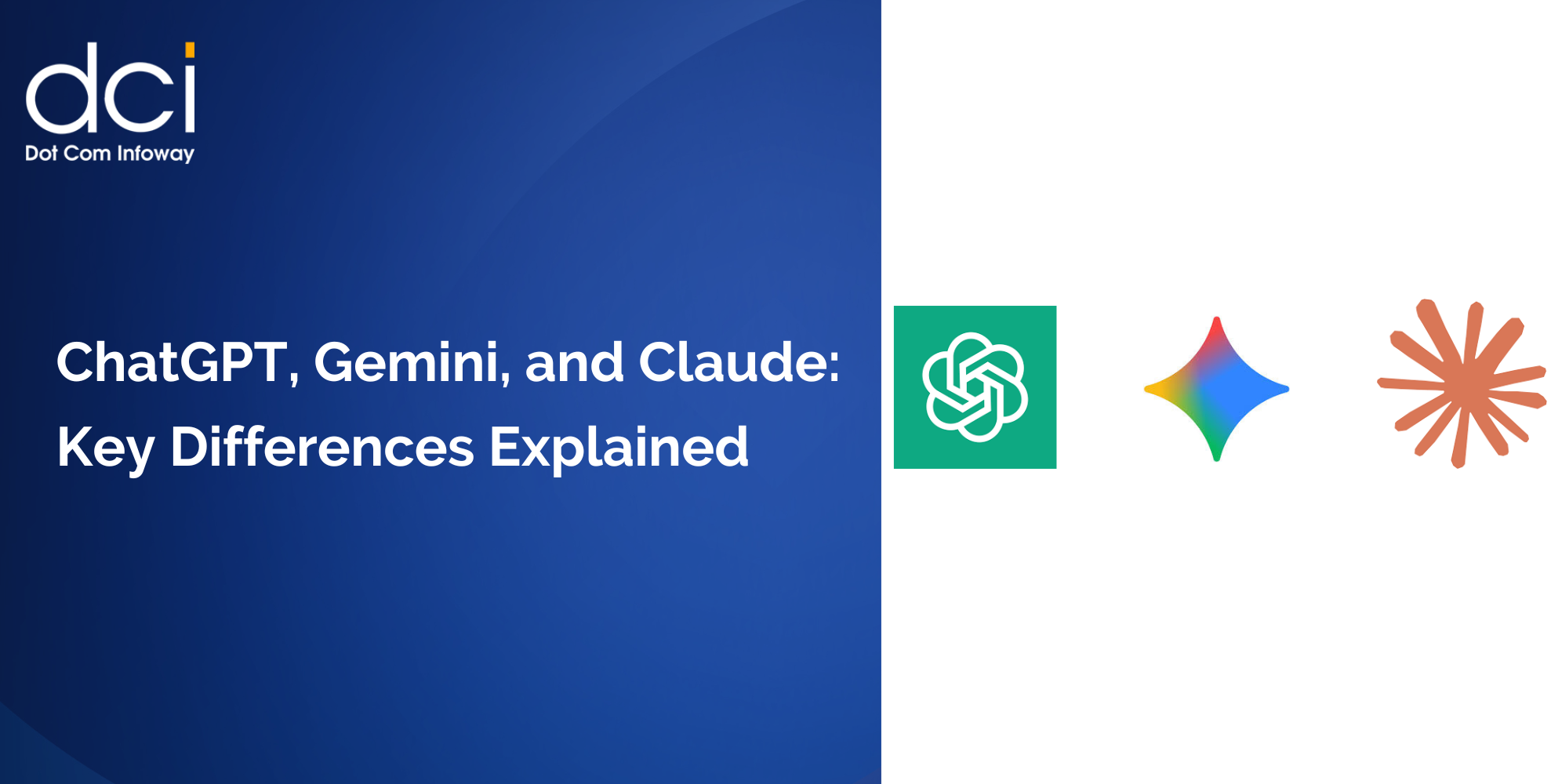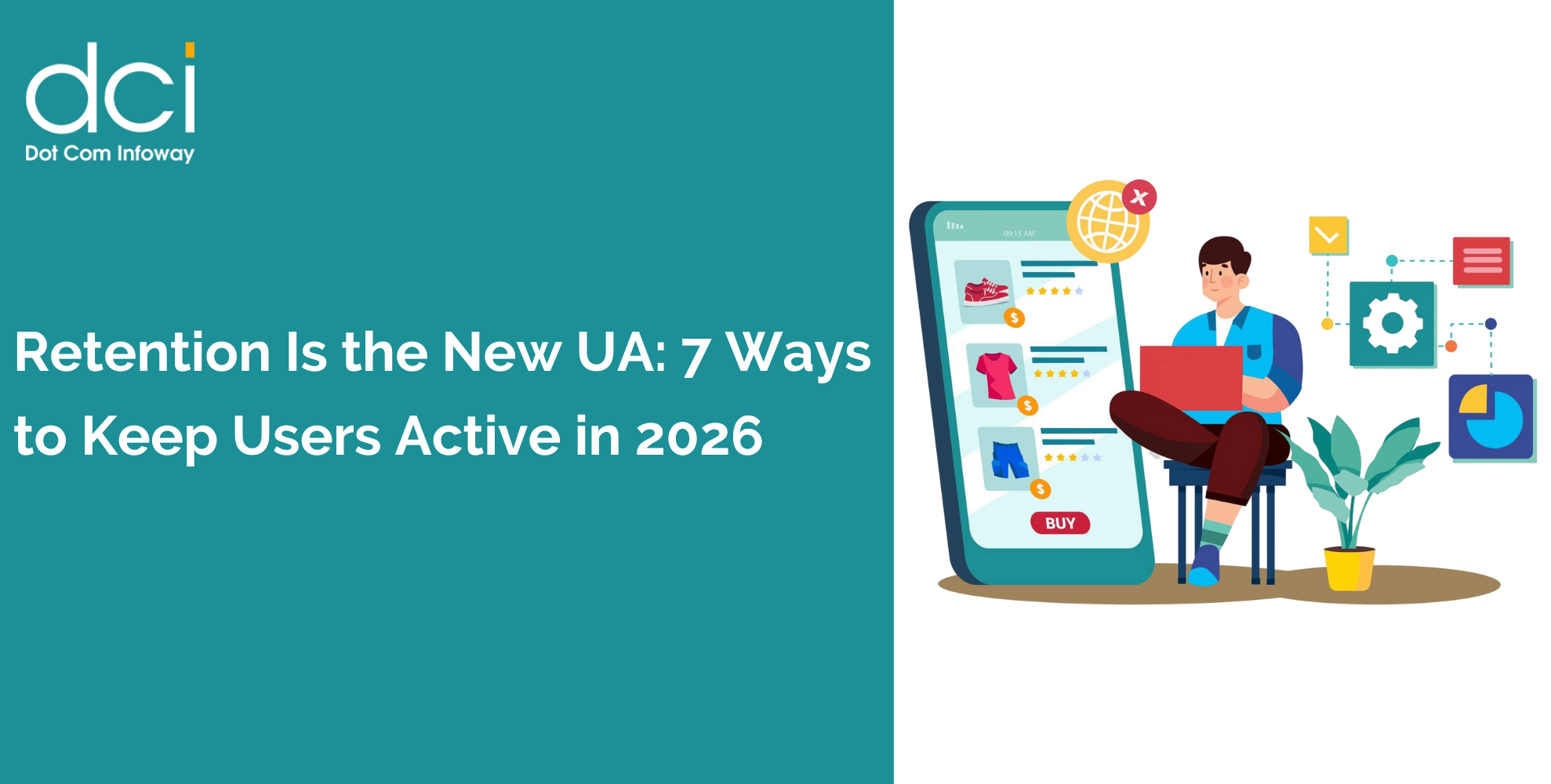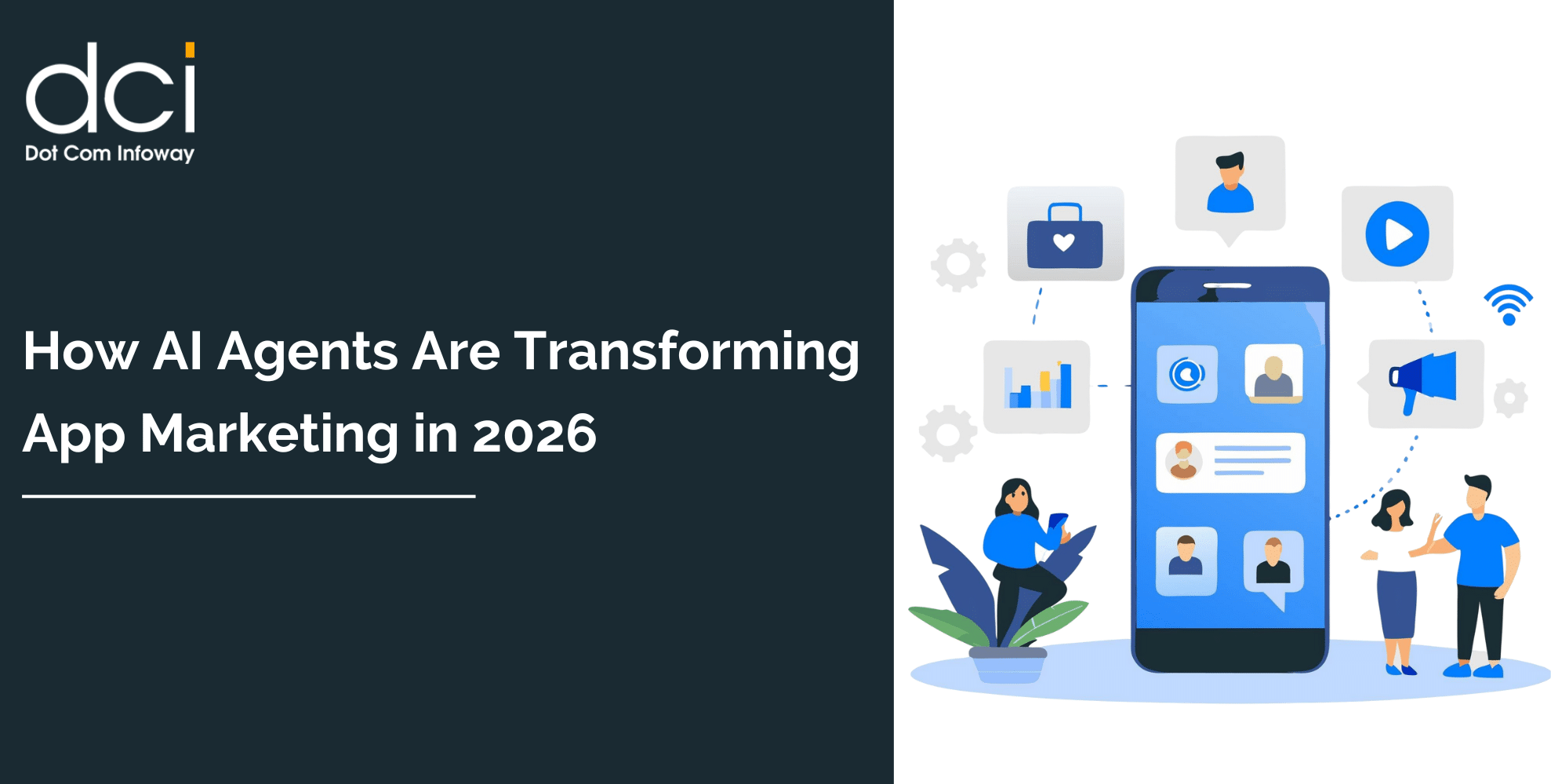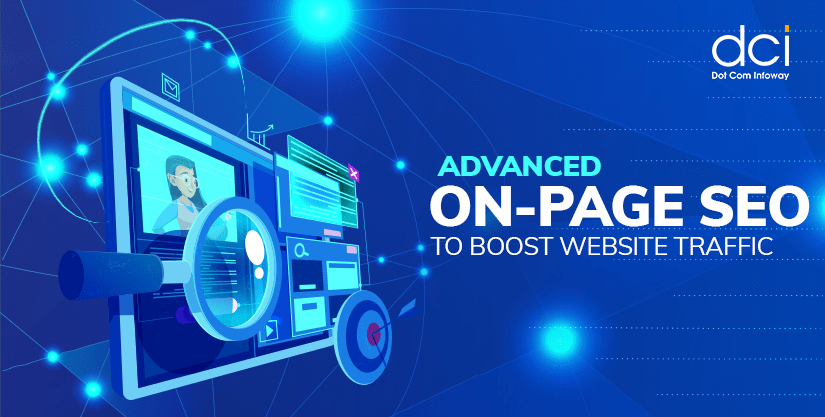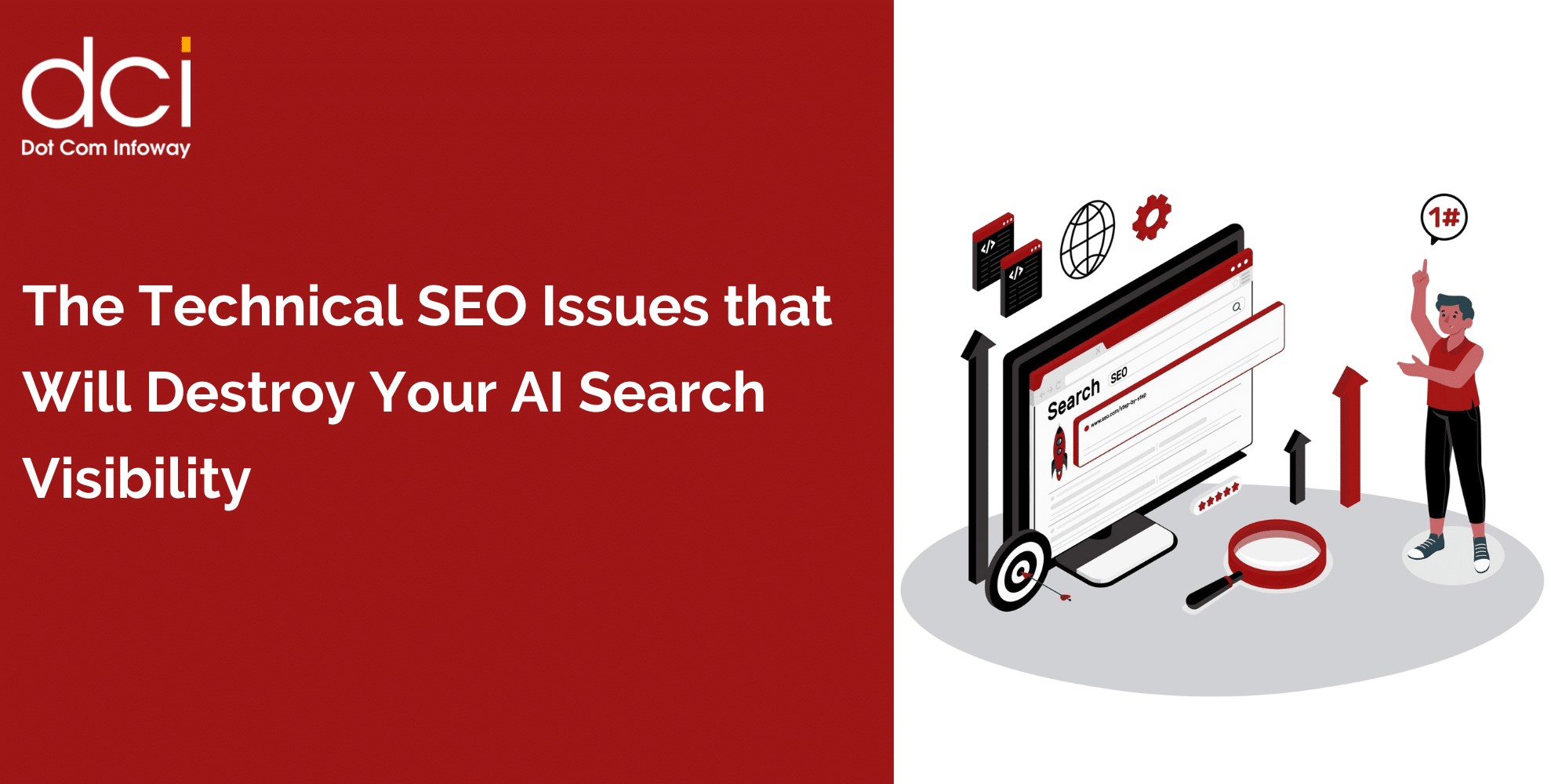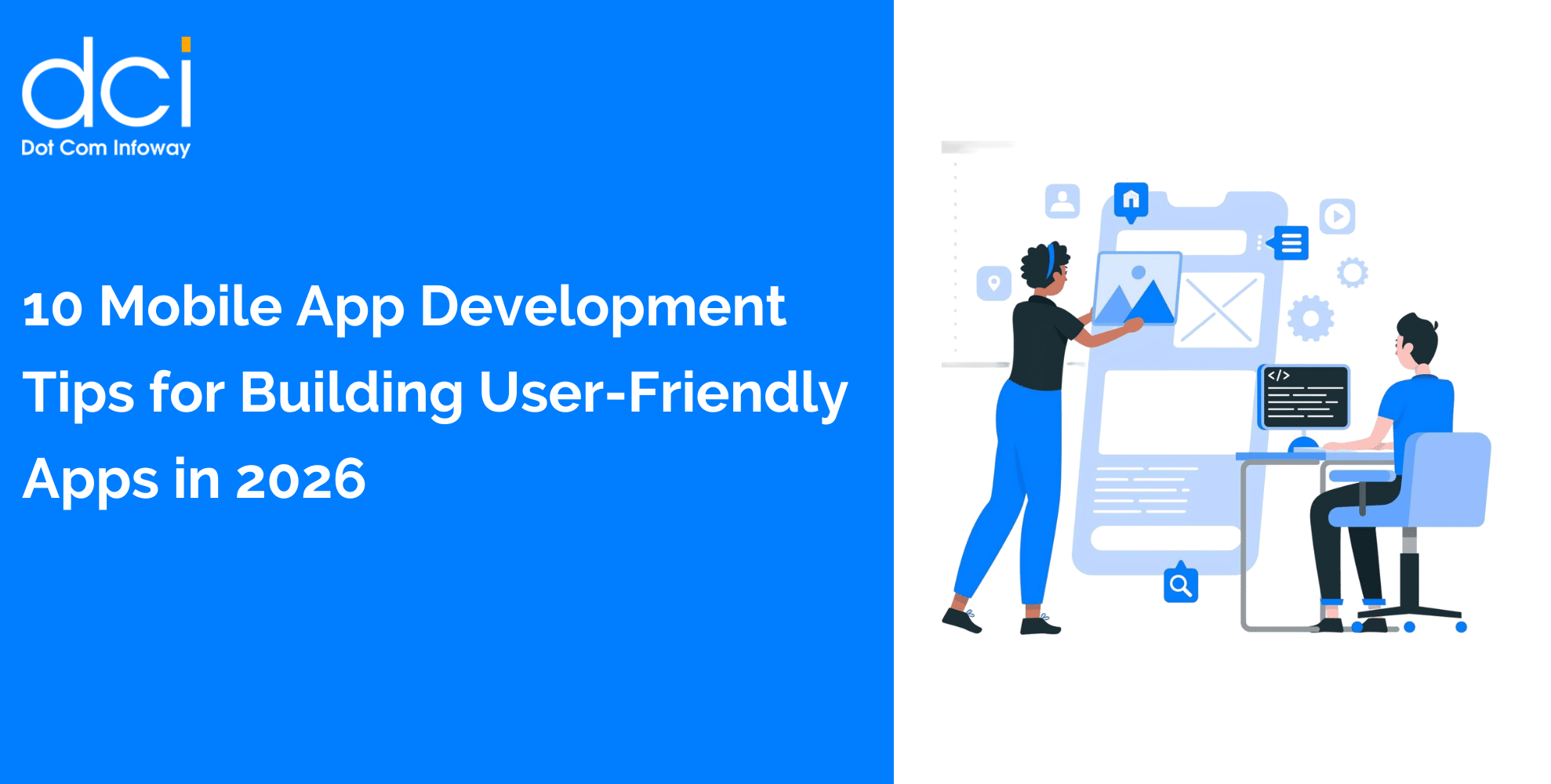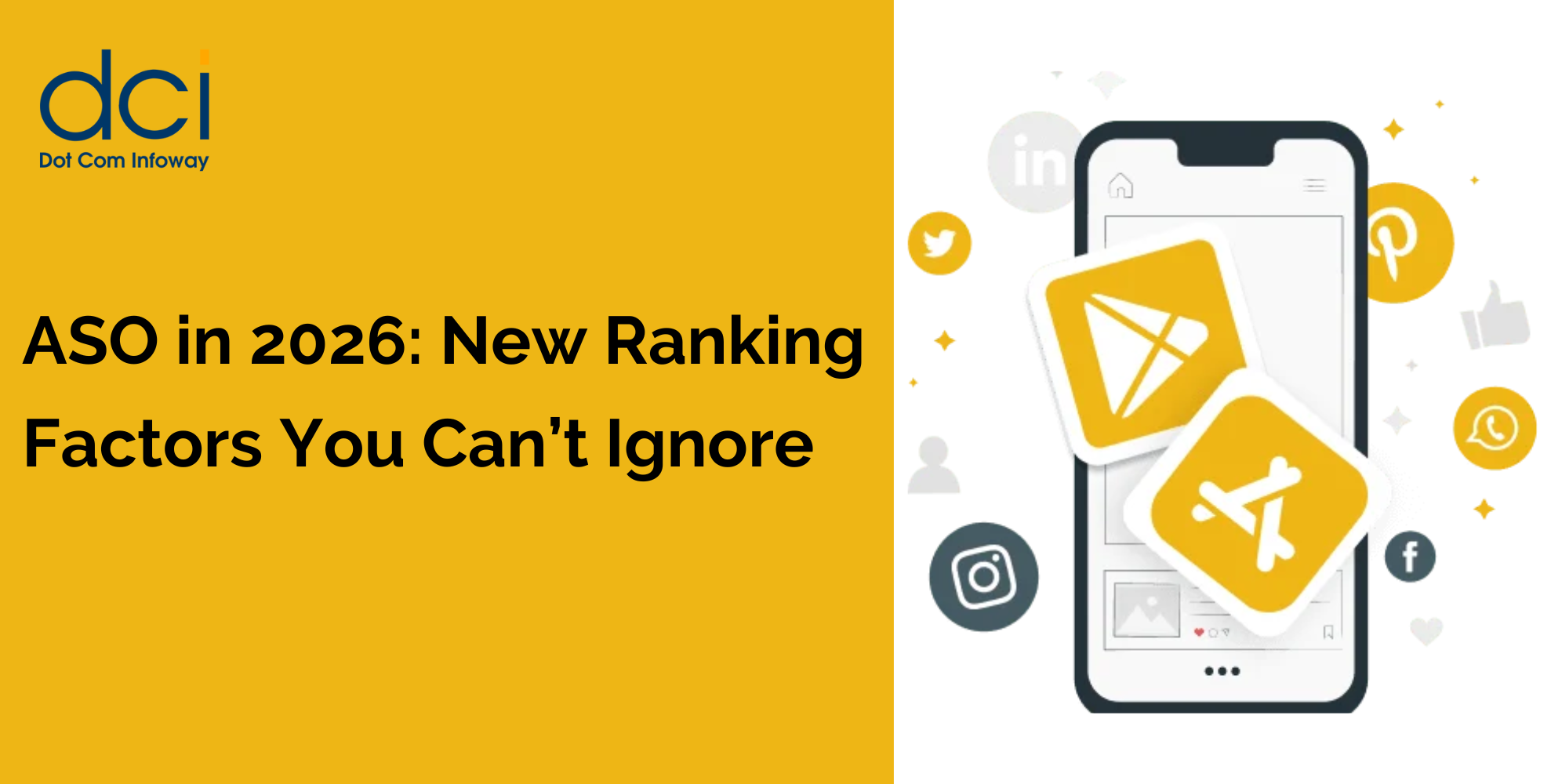5. Advanced Data Analytics and Predictive Modeling
Modern healthcare apps excel at collecting and analyzing vast amounts of health data to identify trends, predict outcomes, and improve care processes. This data-driven approach enables proactive care rather than reactive treatment.
“Healthcare mobile apps enable the collection and analysis of health data to identify trends, predict outcomes, and improve care processes, ultimately leading to better patient outcomes.”
Predictive analytics help identify patients at risk for complications, optimize medication dosing, and predict hospital readmission likelihood. These insights are invaluable for both individual patient care and population health management.
6. Wearable Device Ecosystem Integration
Healthcare apps increasingly integrate with popular wearable devices to track vital signs, activity levels, sleep patterns, and other health metrics. This integration provides healthcare professionals with comprehensive data for better clinical decisions.
Popular integrations include Apple Health, Google Fit, Fitbit, and specialized medical devices. The key is creating seamless data synchronization that doesn’t require manual input from patients.
7. Enhanced Security and Compliance Frameworks
App Development for Healthcare requires strict adherence to regulatory frameworks like HIPAA compliance and potential FDA approval. Security and privacy of sensitive patient information are paramount considerations.
Successful healthcare apps implement:
• End-to-end encryption for all data transmission
• Multi-factor authentication for user access
• Regular security audits and penetration testing
• Transparent privacy policies and consent management
Market Dynamics and Growth Projections
The healthcare app development landscape is experiencing unprecedented growth across multiple segments. Chronic disease management apps, mental health platforms, and telehealth solutions are leading market expansion.
“The global healthcare application development market is expected to grow to USD 1,070.58 billion by 2030, driven by increasing smartphone penetration, growing demand for remote healthcare services, and rising healthcare costs.”
This growth reflects changing patient expectations and healthcare provider needs. Patients no longer settle for basic consultations; they demand instant access to medical records, medication management, and continuous health monitoring capabilities.
Implementation Challenges and Solutions
While App Development for Healthcare offers tremendous opportunities, organizations face significant implementation challenges including regulatory compliance, integration with existing systems, and user adoption barriers.
Successful healthcare app implementations focus on user-centered design that addresses real clinical needs while maintaining compliance and security. The key is starting with specific use cases and gradually expanding functionality based on user feedback and clinical outcomes.
The Future of Patient Care Technology
Looking ahead, healthcare apps will continue evolving toward more intelligent, predictive, and personalized solutions. Integration with emerging technologies like augmented reality for medical training, blockchain for secure health records, and advanced AI for drug discovery will further transform healthcare delivery.
The convergence of these technologies with user-centered design principles creates unprecedented opportunities for improving patient outcomes while reducing healthcare costs. Organizations that invest in comprehensive App Development for Healthcare strategies today will be best positioned to lead tomorrow’s digital health landscape.
Conclusion
The transformation of healthcare through mobile applications represents one of the most significant shifts in medical care delivery since the advent of modern hospitals. App Development for Healthcare is no longer optional: it’s essential for organizations seeking to provide high-quality, accessible, and efficient patient care.
Success in this rapidly evolving landscape requires partnering with experienced development teams who understand both healthcare requirements and cutting-edge technology implementation. Dot Com Infoway’s App Development Service expertise in healthcare solutions provides organizations with the technical foundation and regulatory knowledge necessary to build transformative patient care applications that drive real clinical outcomes.
The future of healthcare is digital, mobile, and patient-centered. Organizations that embrace this transformation today will lead tomorrow’s healthcare innovation while delivering exceptional value to the patients they serve.
alists can help you implement these proven strategies and achieve the mobile success your e-commerce brand deserves.

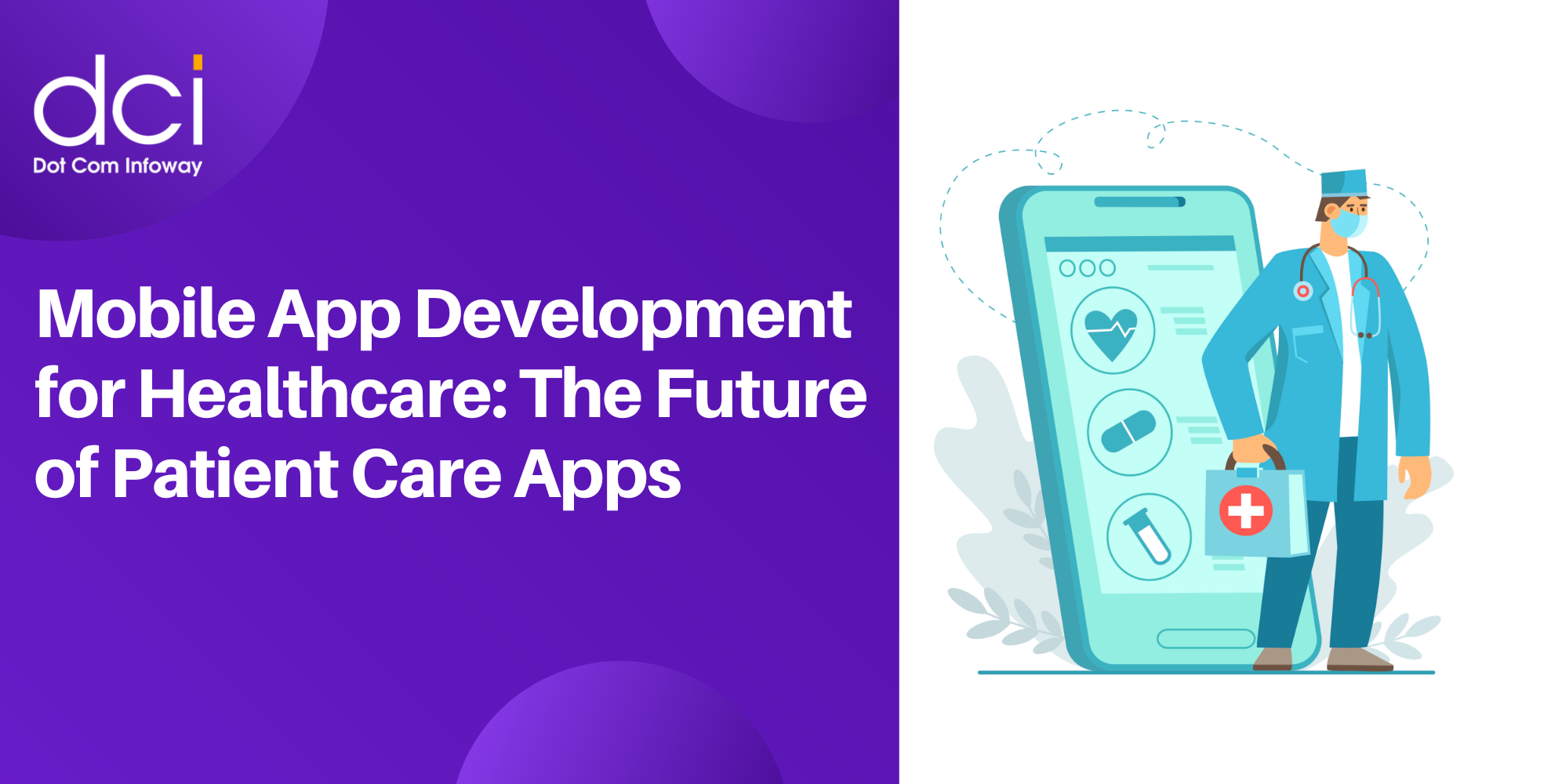
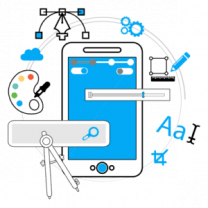




![The Game Marketing Guide: Pre and Post-Launch Strategies [Infographic]](https://www.dotcominfoway.com/wp-content/uploads/2023/09/DCI-Game-Marketing-blog-1.jpg)
